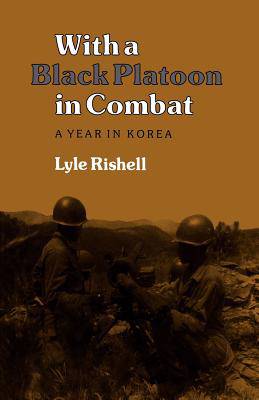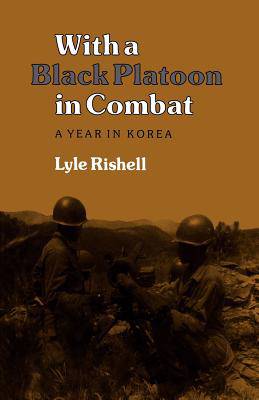
En raison d'une grêve chez bpost, votre commande pourrait être retardée. Vous avez besoin d’un livre rapidement ? Nos magasins vous accueillent à bras ouverts !
- Retrait gratuit dans votre magasin Club
- 7.000.000 titres dans notre catalogue
- Payer en toute sécurité
- Toujours un magasin près de chez vous
En raison de la grêve chez bpost, votre commande pourrait être retardée. Vous avez besoin d’un livre rapidement ? Nos magasins vous accueillent à bras ouverts !
- Retrait gratuit dans votre magasin Club
- 7.000.0000 titres dans notre catalogue
- Payer en toute sécurité
- Toujours un magasin près de chez vous
Description
The first year of the Korean Conflict was a dark and humiliating period for many of the troops who fought there. Against a backdrop of U.S. political indecision and reduced military capability, American soldiers fought a dedicated and numerically strong enemy force that was determined to overrun South Korea. One of these units, the segregated 24th Infantry Regiment, was made up of black soldiers commanded for the most part by white officers. Lyle Rishell, an infantry platoon leader, led a black platoon of Able Company in that regiment. This book tells the dramatic, often frustrating, sometimes heroic story of that platoon in that first, fateful year of war. From detailed notes he made at the time, and from his memories of those days, Rishell reconstructs the deployment and tactics of his unit, its day-to-day actions and survival. The story that unfolds is one of honor, fear, fighting spirit, fierce combat, and the cries of wounded men. The 24th Infantry Regiment has received bad press from many historians of the Korean War, who claim that the black soldiers and noncommissioned officers were undisciplined and even cowardly in battle. Rishell's moving account, based on his own experiences, describes his men as no better or worse than any other infantrymen in the first year in Korea. His troops fought well from July, 1950, to May, 1951, in nearly constant frontline action against the North Koreans and the Chinese Communists, despite a variety of significant fundamental obstacles, including the racial prejudice of much of their own army. It is a unique and compelling story of the relationship of a white officer and black soldiers before integration of the services and the civil rights legislation of the sixties. It is also an important corrective to a poorly understood aspect of one of America's most dismal conflicts.
Spécifications
Parties prenantes
- Auteur(s) :
- Editeur:
Contenu
- Nombre de pages :
- 194
- Langue:
- Anglais
- Collection :
- Tome:
- n° 29
Caractéristiques
- EAN:
- 9781603447409
- Date de parution :
- 09-07-12
- Format:
- Livre broché
- Format numérique:
- Trade paperback (VS)
- Dimensions :
- 140 mm x 216 mm
- Poids :
- 254 g

Les avis
Nous publions uniquement les avis qui respectent les conditions requises. Consultez nos conditions pour les avis.






